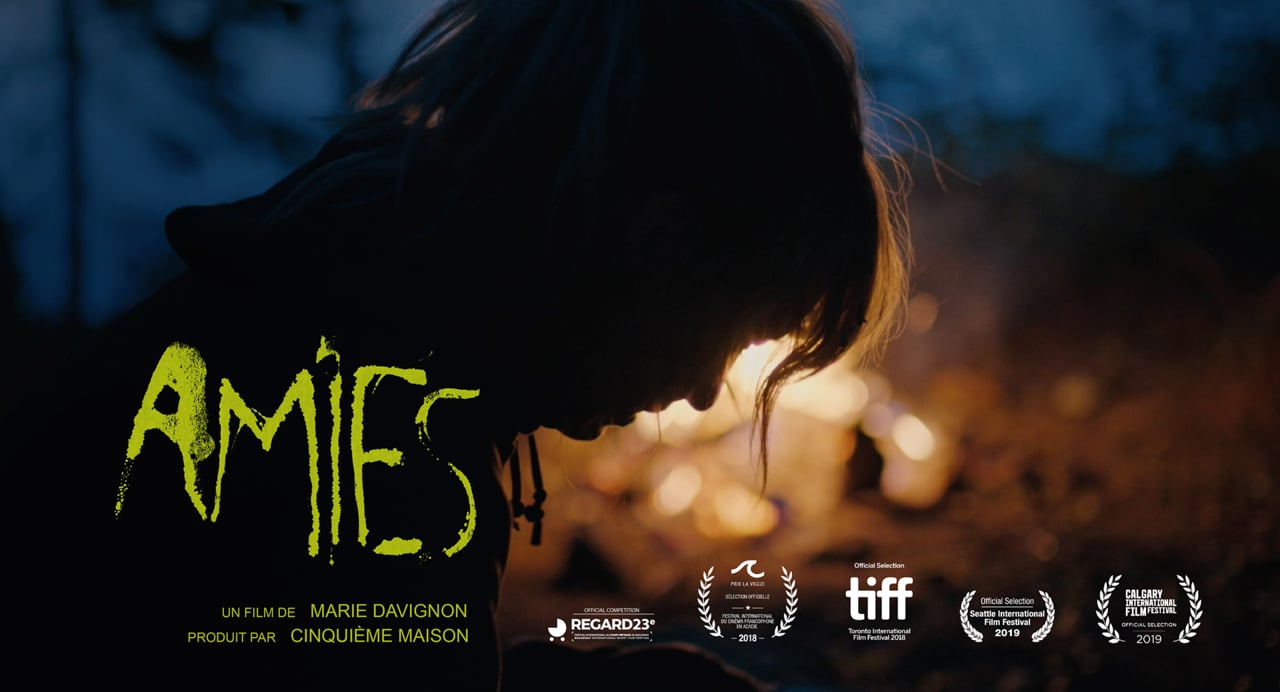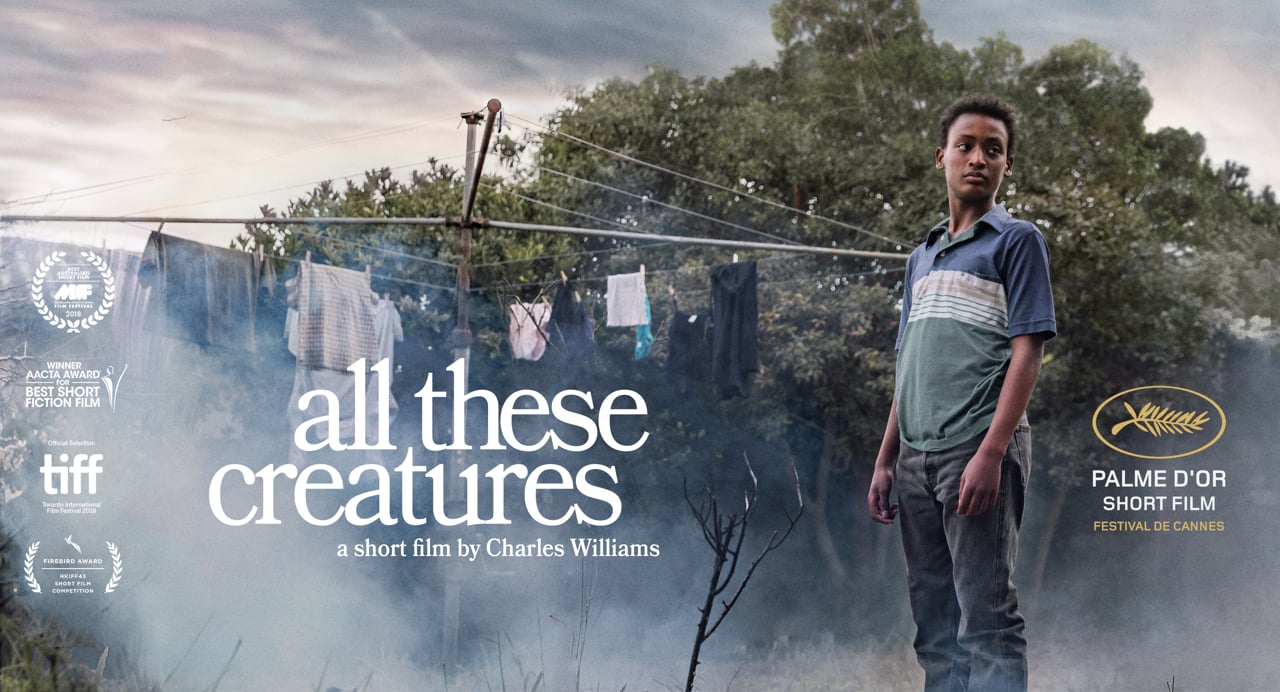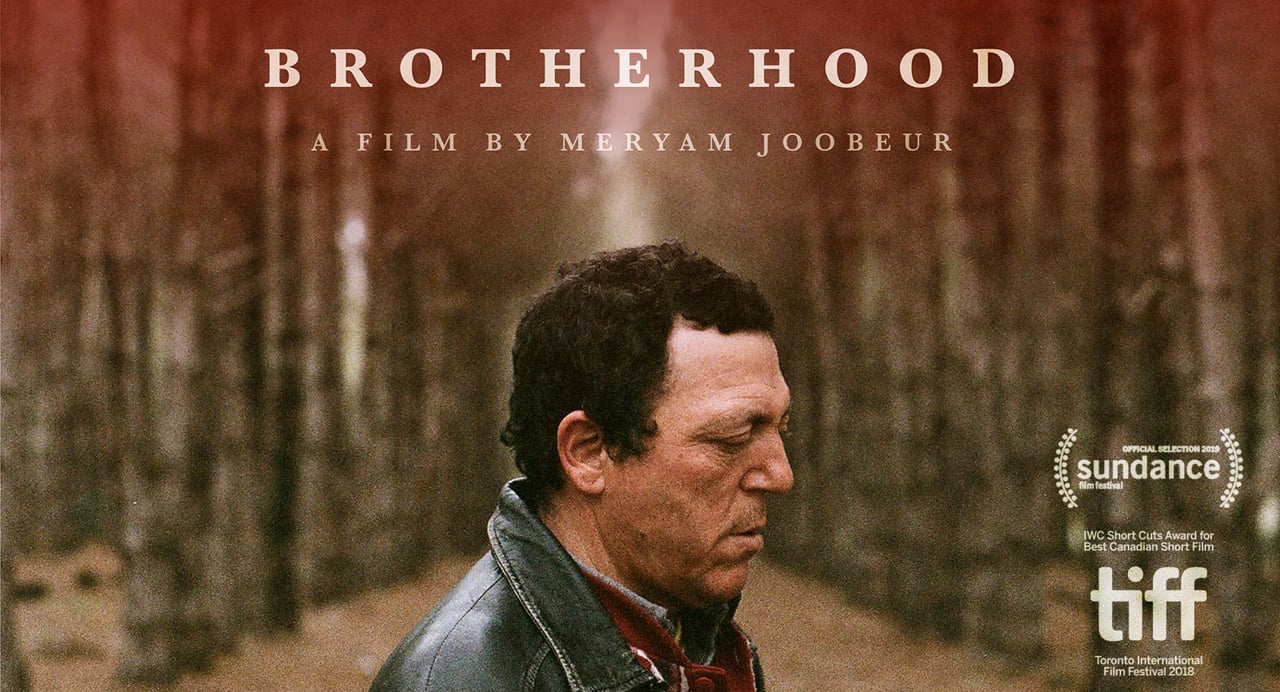In the opening credits of “A Mighty Nice Man,” the camera lazily floats down a country road, propelled by nothing more than a palpable sense of nostalgia and Aaron Kenny’s soaring score. Meanwhile, the monochromatic confines of the film suggest a simpler and humbler bygone era of Americana, devoid of any sort of moral ambiguity and far removed from our country’s current sordid state of affairs. This is merely a suggestion, however. “Oddly enough, when films are period and in black and white, audiences tend to believe in a simplified code of morality — something like ‘when good was good and evil was evil’ —which is totally absurd,” explains the film’s director, Jonathan Dee, who made “A Mighty Nice Man” while pursuing his MFA at Columbia University in 2014.
The film is based on a short story of the same name by Patricia Highsmith, who is perhaps best known as the author behind The Talented Mr. Ripley and The Price of Salt, which was recently adapted into the Todd Haynes film Carol. In the opening sequence of “A Mighty Nice Man,” we are introduced to its protagonist: Charlotte is a little girl growing up in the American dustbowl, desperate to be noticed by anyone. While visiting her conceited neighbor Emilie, the two girls are approached by a dapper city slicker named Robbie, played by Billy Magnussen (Bridge of Spies). He offers to buy them candy and take them for a ride in his fancy car. Were it not for his linen suit, you’d think he was literally draped in a giant red flag.
What transpires after the girls’ first encounter with Robbie will threaten not only Charlotte’s innocence but the supposed innocence of the carefully constructed world in which she and her family and friends exist. Regardless of Robbie’s true intentions, however, the sheer ambiguity of his motivations is enough to pose an important question. Can anything truly be black or white? The film ends with Charlotte on the same country road where we first found her, but this time she’s on the outside looking in at the world she thought she knew so well.
Check out more of Vimeo’s Staff Pick Premieres here.
If you’re interested in premiering your short film as a Staff Pick Premiere, please check out www.vimeo.com/submit for more information.








